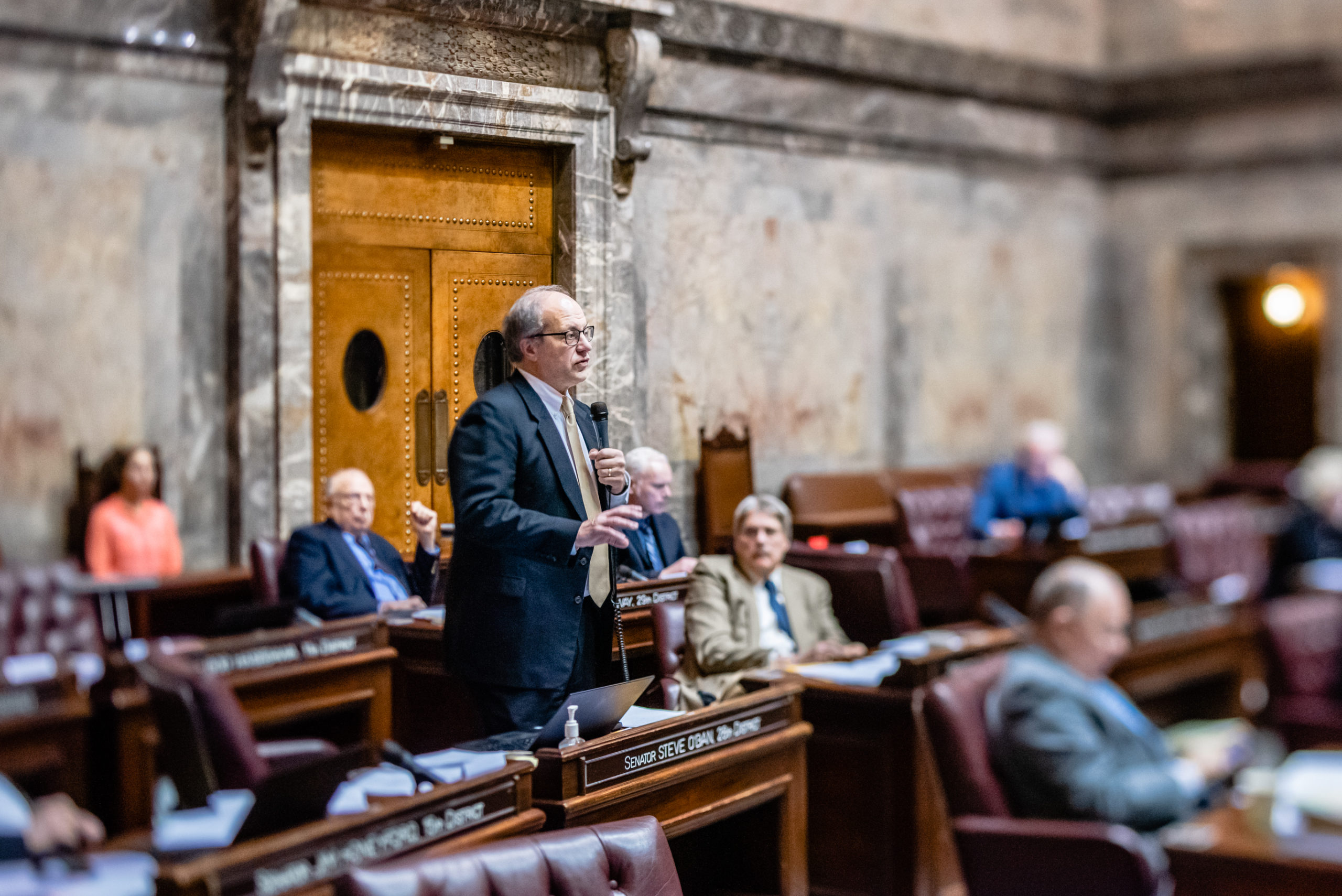Less than one-third of the way through the 2021 legislative session, Senate Republicans have stepped forward with a 2021-23 budget proposal aimed at restarting schools and bringing jobs back, while saving money for lower-income families. https://youtu.be/m2sAbXjS8Vc













